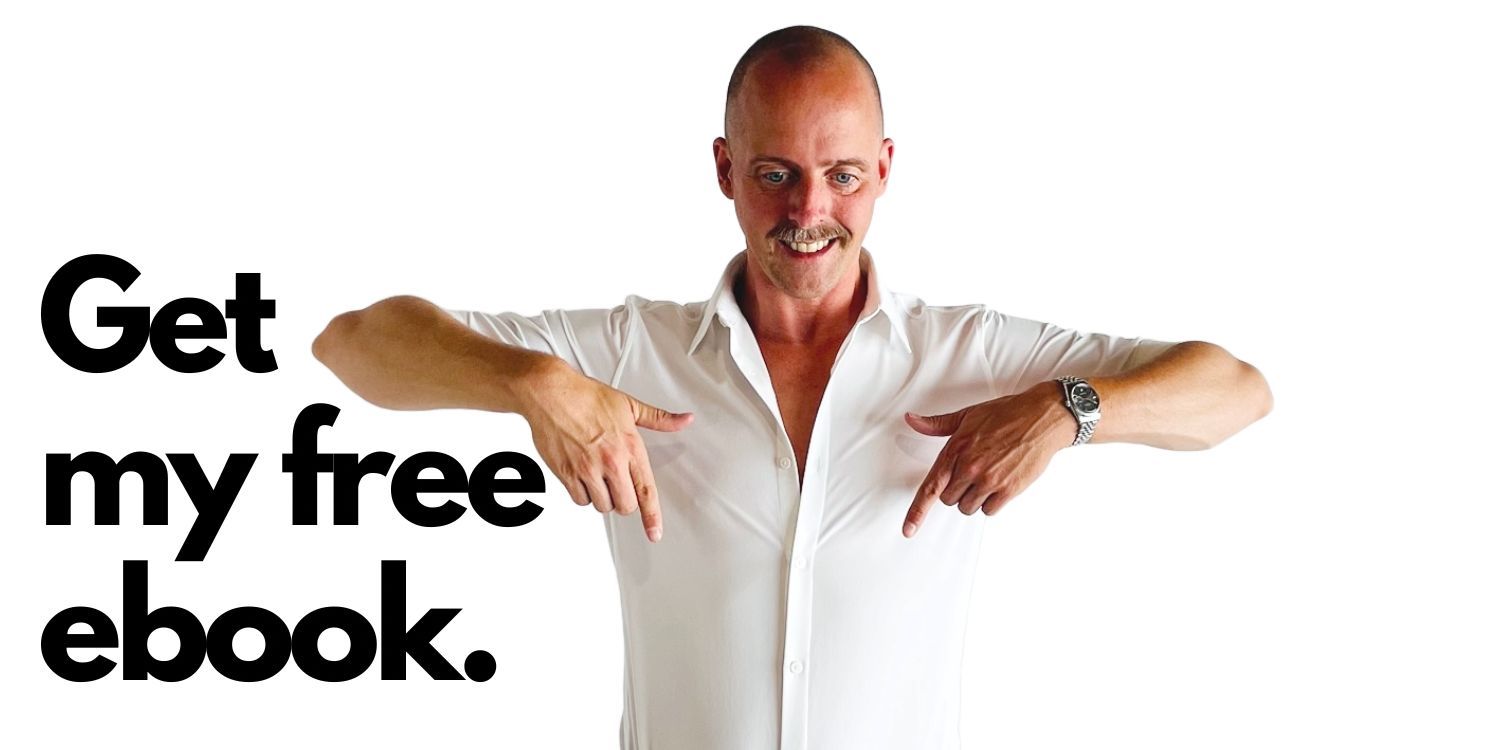
Step 1: Examine your shame
A first step to strengthening your self-validation is to explore your shame themes. To look for what you are ashamed of or have been ashamed of. What beliefs do you have about yourself? And are these beliefs actually true?
Beliefs are sometimes full of inaccuracies. I'm a better person if I don't stand out too much. I am only attractive if I have a toned and toned body. Or I only matter if I get enough likes on social media or dating apps.
This also makes your self-acceptance conditional. Only if you meet all the criteria are you okay. Undoubtedly there is something else that you do not meet. And so the dissatisfaction with who you really are grows and self-acceptance always remains just out of reach.
So examine your own beliefs and be critical of whether what you think is correct. Or as the German writer Eckhart Tolle once said, "Don't believe everything you think."
Beliefs are sometimes full of inaccuracies. I'm a better person if I don't stand out too much. I am only attractive if I have a toned and toned body. Or I only matter if I get enough likes on social media or dating apps.
This also makes your self-acceptance conditional. Only if you meet all the criteria are you okay. Undoubtedly there is something else that you do not meet. And so the dissatisfaction with who you really are grows and self-acceptance always remains just out of reach.
So examine your own beliefs and be critical of whether what you think is correct. Or as the German writer Eckhart Tolle once said, "Don't believe everything you think."
Step 2: Live your own values
A second step is to get clear again what you find important. Those who are focused on the other often also lose contact with their own values. And if you don't know your own values, you usually live those of others. When I ask my clients what values they find important, they often answer with values such as honesty, openness, happiness and respect. Precisely because they have not always felt accepted, these values now have extra meaning.
And when I ask what it means to be honest or open, there is often still a lot of room to put these values into practice. Express yourself more often or indicate what is important to you. Even if you experience shame or insecurity. And that doesn't have to be taken to the extreme right away; a small adjustment in your behavior sometimes feels like a big win.
Step 3: Know that what you think or feel may be there
A third step is to allow yourself more. To protect yourself, you may be inclined to divide the whole world into right or wrong. To only appear when you are sure that what you are doing or saying is right in the eyes of the other person. But there is so much more nuance between right and wrong.
You can have your own opinion, you can feel what you want, you can have your own dreams and ambitions. And the other doesn't have to agree with that. In practice, the rejection or conflict that we sometimes fear so much does not materialize. And even if someone does react negatively, you can trust that you are able to stand your ground at such a moment. For example by saying what the behavior of the other person does to you.


